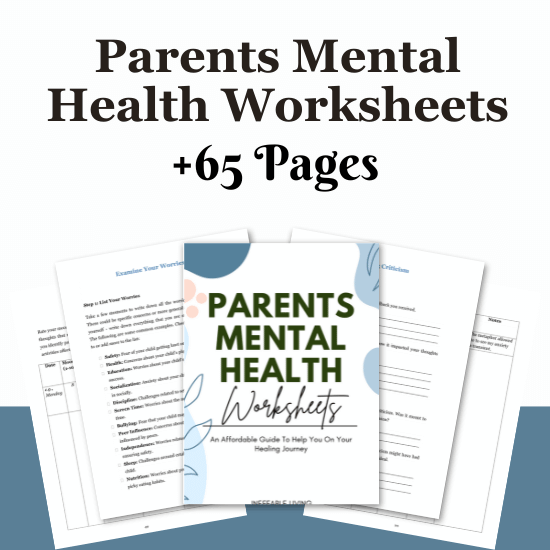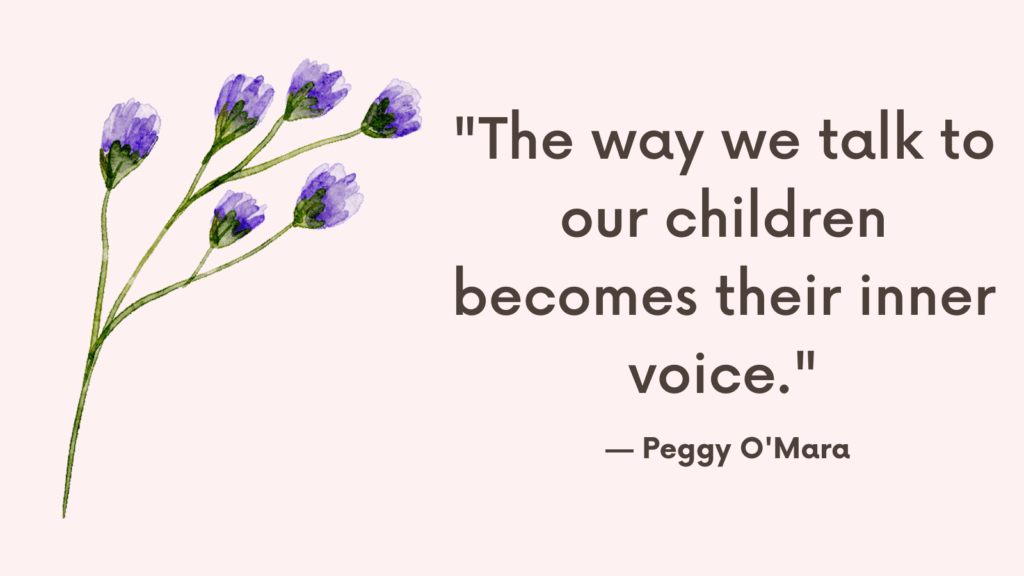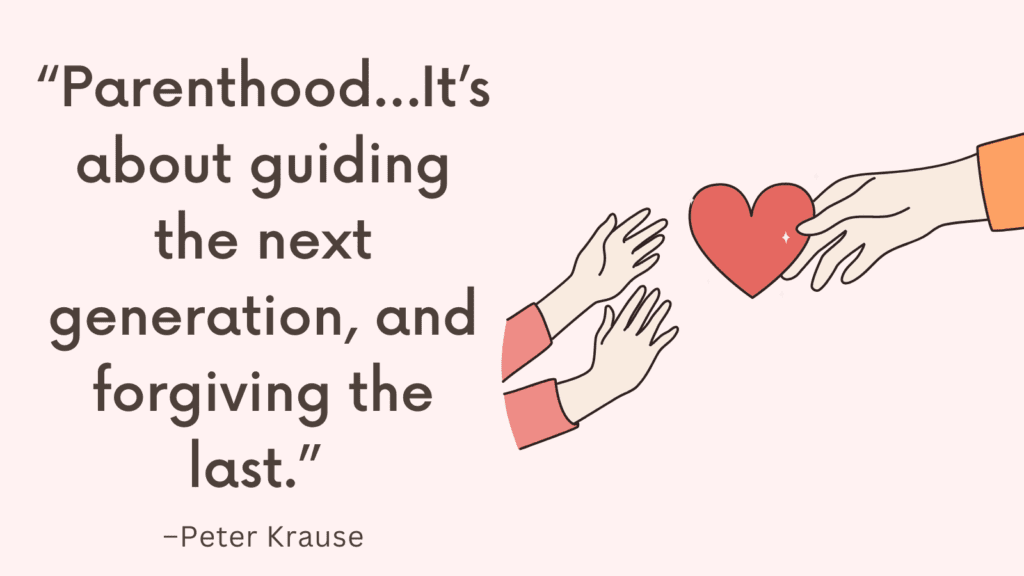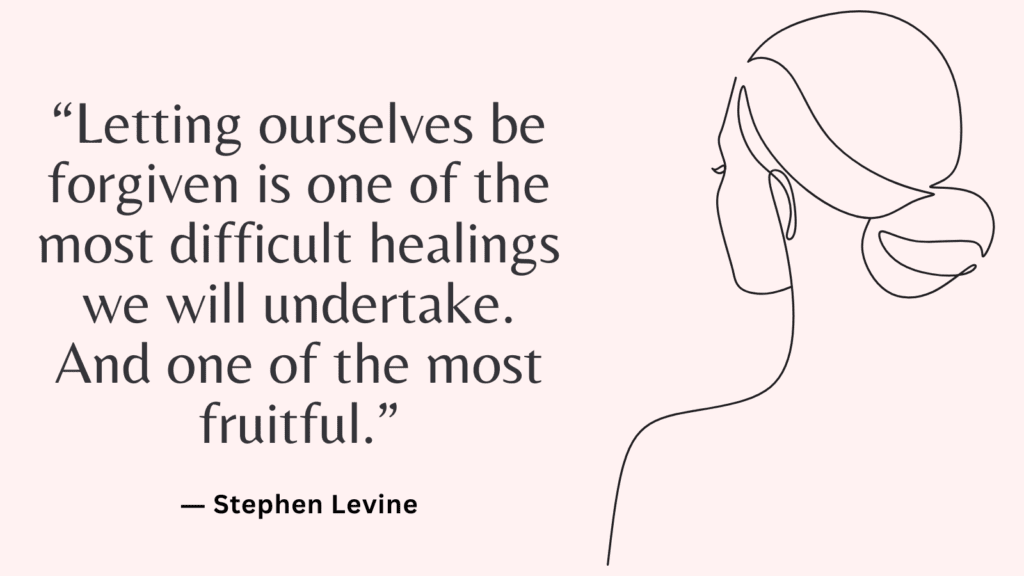Talking to your child about divorce is one of the most emotionally loaded conversations you’ll ever have — and one of the most important. While divorce is undeniably hard, the conversation itself doesn’t have to be traumatic. Children are resilient when they’re given safety, honesty, and support.
Your goal is not to shield them from all sadness — but to help them feel secure and loved, even as the family changes.
Here’s how to approach the conversation in a way that protects your child’s emotional well-being.
Why It’s So Important to Talk to Your Child About Divorce?
1. Because Children Know Something Is Happening
Even young children pick up on tension, silence, or changes in routine.
If they’re left in the dark, their brains will fill in the blanks — often with self-blame or worst-case scenarios.
By explaining the divorce in simple, direct terms, you offer clarity instead of confusion.
2. Because Kids Often Blame Themselves
Many children — especially those under 10 — assume that something they did caused the separation.
Without reassurance, this can turn into guilt, shame, or long-term emotional patterns.
Telling them directly: “This is not your fault” is one of the most important messages they need to hear — and believe.
3. Because Hiding the Truth Can Create Anxiety
Uncertainty is harder than sadness.
When kids don’t know what’s going on, they may feel anxious, unsafe, or emotionally ungrounded.
Even painful truths — shared gently — help kids feel more secure than vague explanations or silence.
4. Because Divorce Affects Their Sense of Safety
Your child’s sense of home, routine, and relationships may all be changing.
Talking to them calmly and early gives them space to adjust and ask questions.
It lets them know: “Even though things are changing, you are still safe. You are still loved.”
Related: Children’s Bill Of Rights In Divorce (+Top 7 Tips On How To Make Divorce Easier On Children)
5. Because Avoiding the Conversation Doesn’t Protect Them
Children who aren’t told clearly about the divorce often feel excluded or betrayed.
They may hear bits and pieces from overheard conversations, arguments, or family members — which can feel scarier than the truth.
Talking to them directly builds trust: “You are important enough to be told the truth.”
6. Because It Sets the Tone for Their Healing
The initial conversation becomes the foundation for how your child begins to process the divorce.
If you approach it with calm, care, and honesty, it sends a powerful message:
- That they are safe
- That they are not alone
- That their feelings are welcome
It also shows them that love doesn’t disappear — it just looks different now.
Related: How to Recognize Stress in Children and Help Them Cope?
How to Talk to Your Child About Divorce Without Causing Trauma?
1. Plan What You’ll Say Ahead of Time
Don’t go in unprepared. Talk with your co-parent (if possible) and agree on what you’ll say.
Keep the focus on:
- The change in living arrangements
- Reassurance of love and support
- Avoiding blame or conflict
You want to sound calm, united, and safe — even if things are complicated behind the scenes.
Related: How to Deal With Mom Guilt When You’re Not Loving Motherhood?
2. Use Clear, Simple Language
Use age-appropriate, direct language.
Avoid vague phrases like “We’re taking a break” or “Mommy and Daddy just don’t love each other anymore.”
Instead, try:
- “We have decided not to live in the same house anymore.”
- “This is a decision between the adults — it’s not your fault.”
- “We will both still love you and take care of you, no matter what.”
Clarity reduces anxiety. Confusion can create fear.
3. Reassure Them It’s Not Their Fault
Children often blame themselves when something goes wrong in the family.
Make it crystal clear:
- “Nothing you did or said caused this.”
- “We’re making this decision as adults because it’s what we believe is best.”
Repeat this more than once — it’s what they’ll most need to hear.
4. Prepare for Big Feelings — and Let Them Be Okay
Your child may cry, get angry, withdraw, or ask the same questions again and again.
Don’t try to fix or rush them. Just stay steady and validating.
- “It’s okay to be sad.”
- “You can ask me anything, any time.”
- “We’ll get through this together.”
Allow space for whatever emotions come up — without judgment.
Related: “Parental Guilt”: How to Navigate Guilt as a Parent or Caregiver?
5. Give Them Something Solid to Hold Onto
Kids need predictability during change. Let them know what stays the same:
- Their school
- Their friends
- Their relationship with each parent
- Their routines, as much as possible
Create a sense of continuity in the midst of uncertainty.
6. Avoid Blaming or Badmouthing the Other Parent
No matter how hurt or angry you feel, your child deserves the freedom to love both parents.
Hearing one parent speak badly about the other causes confusion, guilt, and loyalty conflicts.
Keep your pain between you and other adults — not your child.
7. Make Space for Ongoing Conversations
This isn’t a one-time talk — it’s the beginning of many.
Your child may not fully understand at first. Questions will come later, sometimes at bedtime, sometimes months from now.
Let them know they can always come back to you with thoughts and feelings.
Saying “We’re always here to talk, even about the hard stuff” builds long-term safety.
8. Get Support for Yourself So You Can Show Up for Them
You can’t pour from an empty cup.
Divorce is hard on parents too — emotionally, logistically, and mentally.
Seek therapy, community, or time to process your own grief so you’re not unconsciously passing it onto your child.
Taking care of yourself helps you care for them.
Related: Parenting Stress: How to Prepare for a Smooth Back-to-School Transition?

Conclusion
Divorce doesn’t have to shatter your child — what shapes them most is how you handle it.
When you stay emotionally available, honest, and steady, you give them the tools to adapt with strength.
They don’t need a perfect family. They need a safe one — and they need to know that love, presence, and connection don’t end with marriage.



